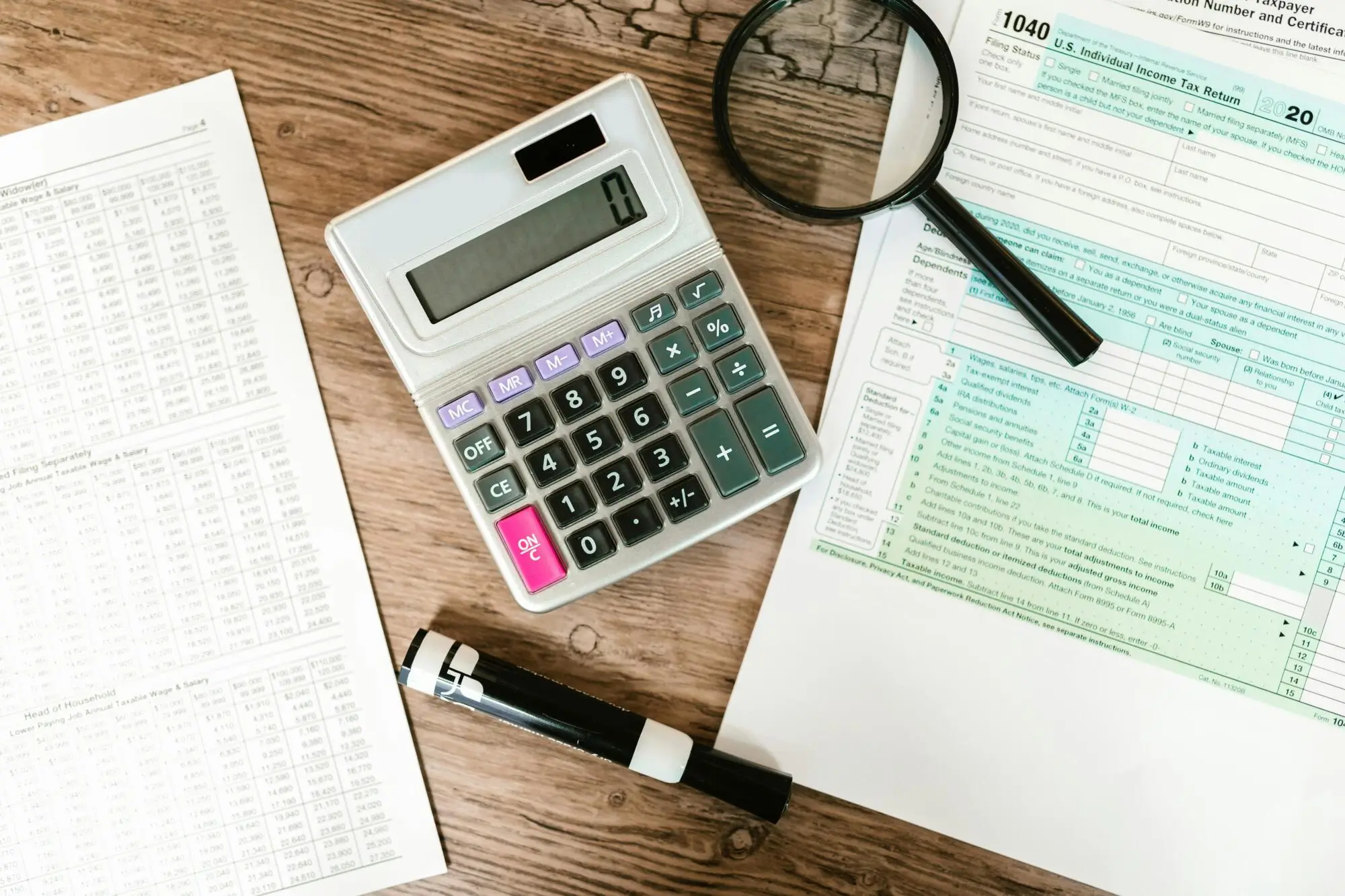Thinking up ways to make your South New Jersey rental property more profitable? If so, we've got two words for you: reliable accounting.
Rental property accounting is the lifeblood of any rental business. It allows you to evaluate and understand your unit's performance. It also helps you identify eligible expenses that make your tax bill more manageable.
So, how do you get your bookkeeping set up? We're glad you asked--here are four tips that will help you stay on top of any rental portfolio!
1. Keep Separate Accounts
The first thing you should do is make a separate account for your business transactions. A new account should come with its own credit/debit card.
This tip is particularly important if you're running an LLC. It's not a legal requirement, but it makes tax preparation for landlords much easier. Plus, it gives you a decent amount of liability protection.
Even if you're not an LLC, it's sensible to maintain separate accounts. If you're audited by the IRS, why should they go through your personal finances? Having separate accounts also reduces accounting errors.
2. Get it Right From the Start
There are several ways to set up your books, from software to spreadsheets. Whatever method you use, though, try to get it right immediately.
For best results, format everything to enable quick insights into your finances. You'll want property income tracking at a unit and property level. You should also create expense categories to line up with tax requirements.
The reason why this is important is that an error at this stage could become a major issue down the line. If you're not careful, it could prevent you from maximizing your investment returns.
3. Streamline Rent Collection
Many financial management tips come down to consistency. One way to achieve this is to streamline your rent collection process.
Ideally, you would use landlord accounting software to automate as much of this process as you can. That way, you can avoid any errors that come with manual data entry. Come tax time, you can simply copy your reports.
The best way to make this happen is to use digital rent collection tools in conjunction with your tracking software. Doing so allows you to collect rent, send reminders, and track your income from each tenant.
4. Track Expenses Regularly
When it comes to rental expenses recording, it doesn't matter how many expenses you have. What matters is that you track them regularly.
The more often you update your accounts, the less effort these updates will take. This can save you a lot of stress at tax time. In most cases, you'll simply create a monthly report and mail it to your accountant.
Monthly reports also give you regular insights into your finances. This allows you to fine-tune your business operations to increase profitability. Plus, it makes it easier to maximize your tax deductions.
Simplify Your Rental Property Accounting
Rental property accounting may not be exciting, but it's essential for making a profit on your investment. The above tips will help you ensure your books are in order and your portfolio remains scalable.
Need some help with your rental accounting? Our specialized accounting staff at PMI Property Service will track all your income and expenses for you! Contact us now to see why we've been in this business for 20+ years!


